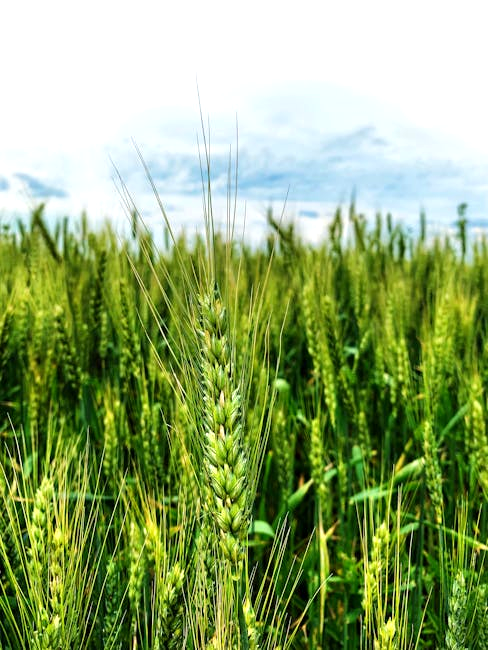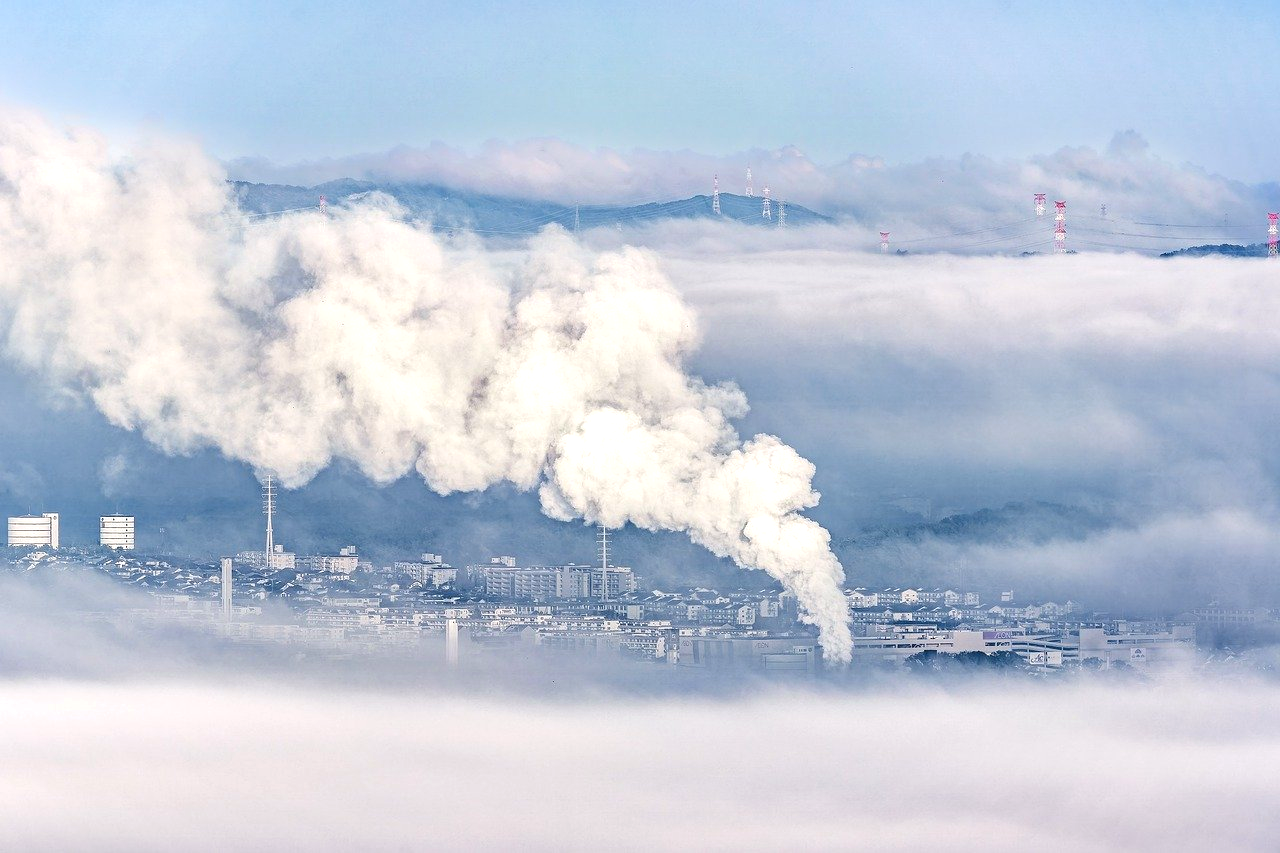- 11 Historic Wildfires That Changed Fire Management Data Reveals - October 4, 2025
- The 1883 Krakatoa Event And Its Global Weather Effects Records Show - October 2, 2025
- How Scientists Use Climate Models To Forecast The Future - October 2, 2025
Are Destroying Forests: The Other Side of Green Energy
In a world that yearns for sustainable energy, biofuels have emerged as a beacon of hope. From cars to airplanes, biofuels seem to offer a promising alternative to fossil fuels. But lurking beneath their green exterior lies a darker narrative, one of environmental peril. The relationship between biofuels and deforestation is a story that needs to be told. The forests, often called the lungs of the planet, are being sacrificed at an alarming rate, and this may reshape how we understand biofuels’ role as a sustainable option.
The Promise of Biofuels

The world turned to biofuels as an answer to the climate crisis. Biomass, derived from plants and animals, seemed a renewable and eco-friendly alternative. The idea was simple: grow crops, turn them into fuel, and reduce reliance on depleting fossil fuels. Countries around the globe embraced this concept, investing in technologies to convert crops into ethanol and biodiesel. On paper, it seemed perfect. The carbon dioxide absorbed by plants during growth supposedly offset emissions during fuel combustion. It was heralded as the magic bullet for a cleaner, greener future.
The Alluring Green Facade
Biofuels are marketed as the elixir of modern green energy, seducing many with their supposed benefits. They claim to deliver energy efficiency, reduce greenhouse gases, and provide economic growth in rural areas. Governments have rolled out incentives to produce biofuels, aligning them with national energy goals. But this facade hides critical realities. While they provide some relief to emissions, their larger impact on ecosystems remains contentious. It’s akin to admiring a beautifully wrapped gift without ever knowing what’s inside.
The Deforestation Dilemma
Behind the shiny promise of biofuels is a harsh truth: forests are being cleared at an unprecedented rate to make way for biofuel crops. Land that once hosted vibrant ecosystems is now fields for corn, soy, or palm oil, the lifeline of biofuel production. The loss of forests is dangerously fast, displacing wildlife, upsetting ecological balances, and leading to significant carbon emissions. It’s a grim paradox where a solution to one environmental problem becomes the cause of another.
The Threat to Biodiversity
The transformation of forests into biofuel plantations poses a grave threat to biodiversity. Forests are home to countless plant and animal species, many known, yet many still unknown. They rely on complex interdependencies for survival. Deforestation chops away at these intricate webs of life, leaving species homeless and often on the brink of extinction. The reimagined landscapes become monocultures, favoring industrial crops over native flora and fauna. It’s not merely about trees falling; it’s about entire worlds collapsing.
The Economic and Social Impact
Beyond environmental consequences, turning forests into biofuel farms has deep social impacts. Indigenous communities living in harmony with nature find their lives uprooted as land becomes commercialized. The land, once a source of sustenance, transforms into a battleground for control and profit. Traditional lifestyles, social structures, and cultural heritage face severe disruption. The promise of green energy seems distant and impersonal, clashing with their relationship with land and nature.
The Carbon Conundrum

The irony within biofuels lies within their carbon neutrality claim. A study reveals that converting forests into biofuel production disrupts carbon stocks, potentially releasing more carbon than is saved. Trees, nature’s carbon sequesters, are removed, and carbon stored within them is released. The delicate balance, once favorable, is now a tug-of-war between growth and decay. It raises questions on whether biofuels truly help or hinder global carbon reduction goals and demands more comprehensive scrutiny on their environmental cost.
Technological and Policy Challenges
Biofuels present various policy and technical obstacles that require conscientious readiness. Policymakers face challenges of ensuring that biofuel production complies with sustainable land management practices. Technological advancements are vital for the industry to evolve without degrading essential resources. Solutions could include advancing algae-based biofuels or exploring agricultural waste utilization. The need for international collaboration cannot be overstated, as global issues demand collective consciousness and joint efforts.
Towards a Balanced Future

Balancing the scales between necessity and sustainability is where the future of biofuels is positioned. It’s not about demonizing biofuels but understanding their footprint on our forests. Building a future requires new strategies, transparency in industries, and informed choices from consumers. It’s time to reassess and redirect efforts into creating biofuel systems that coexist with, rather than consume, our planet’s resources.
The seemingly green allure of biofuels hides an intricate web of challenges affecting not just energy but life on Earth. As we look towards the potential of alternative energies, we must do so with eyes wide open, fully informed of both their prowess and peril.

Hi,
interesting article however there is not one single fact to show the actual impact of Biofuels on Forests. Not one.
there are many science based papers on the destruction of Forests for Cattle and foods to feed cattle.
What %age of forest destruction is due to Biofuels?
I suspect Biofuel Forest destruction is the least of Forests worries.